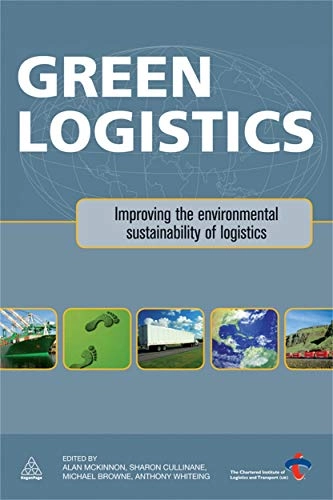

Green LogisticsUpplaga 1
- Upplaga: 1a upplagan
- Utgiven: 2010
- ISBN: 9780749456788
- Sidor: 372 st
- Förlag: Kogan Page
- Format: Häftad
- Språk: Engelska
Om boken
Åtkomstkoder och digitalt tilläggsmaterial garanteras inte med begagnade böcker
Mer om Green Logistics (2010)
2010 släpptes boken Green Logistics skriven av Alan McKinnon, Sharon Cullinane, Michael Browne, Anthony Whiteing, Maja Piecyk. Det är den 1a upplagan av kursboken. Den är skriven på engelska och består av 372 sidor. Förlaget bakom boken är Kogan Page.
Köp boken Green Logistics på Studentapan och spara pengar.
Referera till Green Logistics (Upplaga 1)
Harvard
Oxford
APA
Vancouver



















